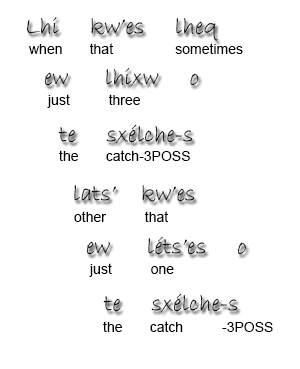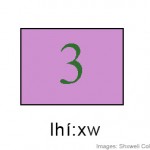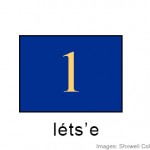Lhi kw’es lheq ew lhíxw o te sxélches, láts’ kw’es ew léts’es o te sxélches means ‘Sometimes his catch is just three, other times his catch is just one’.
Audio: Elizabeth Herrling
Structure and Vocabulary
This phrase has the following structure:
- lhi – sometimes
- kw’es – that
- lheq – sometimes, often
- ew…o – just (both words can be used by themselves as ways of marking emphasis, but together they mean just)
- lhíxw – three
- te – the
- sxélche (also pronounced sxélcha) – catch, what one catches (use this for talking about game or fish that you catch)
- -s – here, marks the presence of a possessor who is ‘third person’ (neither you nor me). In this case, the third person possessor is an understood ‘his’.
- láts’ – other, different
- kw’es – that
- ew…o – just (both words can be used by themselves as ways of marking emphasis, but together they mean just)
- léts’es – one (see léts’e)
- te – the
- sxélche (also pronounced sxélcha) – catch, what one catches (use this for talking about game or fish that you catch)
- -s – here, marks the presence of a possessor who is ‘third person’ (neither you nor me). In this case, the third person possessor is an understood ‘his’.
Note that there is no explicit word for ‘his’ in this sentence, the possessor is just understood from context, as is common in the language.






No comments yet.